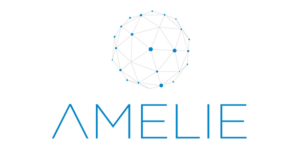
The EU has awarded €9.5m to a ground breaking research project into the treatment of faecal incontinence.
Bowel Research UK will head up patient involvement in the study, while other UK partners include Queen Mary University of London and NHS Blood and Transplant.
The aim of the research is to use revolutionary cell therapy to find a possible cure for a condition which affects an estimated 67 million people in Europe.
The funding will go to a consortium of 13 organisations across nine countries called AMELIE (Anchored Muscle cELls for IncontinencE).
The project will be co-ordinated by UCL and led by Richard Day, Professor of Regenerative Medicine Technology at UCL.
The research will be conducted over five years, with separate institutions in the UK, Spain and Portugal taking the lead role at each new stage.
The project will focus on taking the patient’s own muscle cells, loading them onto specially designed microcarriers and implanting them into the damaged muscle to promote regeneration and restore normal function.
Professor Day said that such regenerative medicine therapy offers hope to many people whose lives are severely impaired by incontinence:
“We are tremendously excited by the prospect of the AMELIE project and the potential benefits that may arise from the new therapeutic approach being investigated.
“We look forward to working with the exceptional consortium of academics, clinicians, industry and charity partners from across Europe to develop our pioneering regenerative medicine approach for treating this debilitating condition.
“This will be a radical and innovative approach never before attempted at such a scale.”
Lesley Booth MBE, Director of Research and PPIE at Bowel Research UK, said that, whilst the condition is extremely common, it is not much talked about.
“The reality of living with faecal incontinence can be devastating. It is definitely life-limiting. And the fact that it’s a condition which people don’t discuss freely just adds to the difficulties of leading a normal life,” she said.
“Finding a therapy which works would not just be a major medical breakthrough, it would be life-changing for millions.”
This project has received funding from the European Union’s Horizon 2020 research and innovation programme under grant agreement No 874807.
